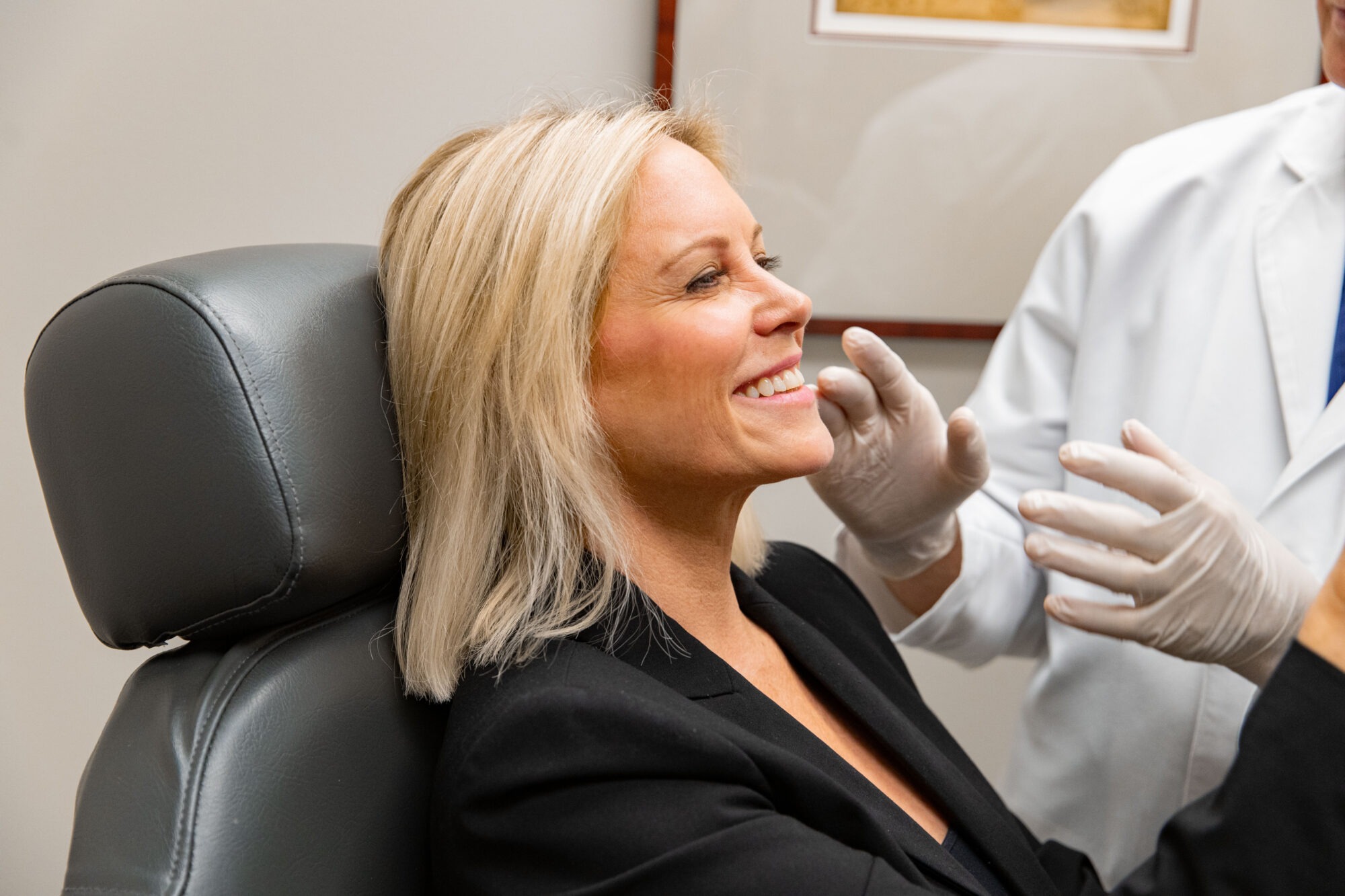British women are skipping plastic surgery and instead using filters to change their image, according to statistics from the British Association of Aesthetic Plastic Surgeons. BAAPS revealed that 28,315 cosmetic surgical procedures were performed in the United Kingdom in 2017, an almost 8 percent decrease compared to 2016.
The number of face-lift procedures for women fell a staggering 44 percent from 2016 to 2017.
BAAPS recently published research that shows a decline in the number of cosmetic facial procedures for women in the U.K. and connects the drop in surgeries to the increased use of photo filters on social media.
These filters are often built in to apps like Facebook, Instagram and Snapchat and are designed to allow users to take a picture of themselves and adjust the width of their nose or the shape of their eyes or erase their double chin.
Many of the women who use these image filters find that, for them, plastic surgery is not necessary. But others see filters in a different light.
“These filters are widely popular and may be a lot of fun for many users, but they are a poor substitute for quality plastic surgery,” said triple-board-certified facial plastic and reconstructive surgeon Dr. Gregory W. Chernoff, F.R.C.S.
Chernoff performs facial plastic surgery procedures in Santa Rosa, California, and Indianapolis.
While the use of filters for selfies and social media may be driving down the number of facial plastic surgery procedures in the U.K., facial procedures are on the rise in America.
“Selfies and social media are driving up the demand for facial plastic surgery,” said Chernoff.
Selfies are increasing the desire for cosmetic changes because they force people to look at themselves more often than ever before, Chernoff said.
“If you have a wrinkle you’re self-conscious about and you take selfies, you’re going to continue to notice and be self-conscious about that wrinkle. After looking at that wrinkle time after time in selfies, you will eventually want to fix that wrinkle to improve your selfie and other online pictures,” he said.
The American Academy of Facial Plastic and Reconstructive Surgery agrees. Over 55 percent of its members reported that their patients cite wanting to look better on social media as a motivation for wanting plastic surgery.
Some researchers are concerned over the rise of the selfie culture and how social media filters impact users. These researchers make claims that overusing these image-altering tools can lead to body dysmorphia, a mental condition that causes an obsessive focus on perceived flaws.
While women in England and the rest of the U.K. are increasingly sidestepping facial procedures, men in the U.K. are not.
Nine percent of cosmetic procedures performed in the country were performed on men. Demand for the blepharoplasty eyelid-lift and brow-lift procedures rose over 25 percent for men in the U.K. in 2017.
Body procedures remained popular among women to target areas that “filters cannot reach.” The No. 1 body procedure for women in the U.K. was breast implant augmentation, with over 8,200 surgeries performed in 2017.
Other popular body procedures include the breast-reduction surgery and the abdominoplasty tummy-tuck procedure.
The BAAPS researchers link an increased demand for body procedures for women to the popular trend of regularly wearing activewear; this trend prompts many women to seek a more toned shape.
In America, body procedures for women are also still in demand.
There were 290,000 breast augmentation procedures performed in the U.S. in 2016. Other top body procedures for women include liposuction (208,000) and the abdominoplasty tummy-tuck (123,000).
Source:
BBC News. Women ‘shunning facial plastic surgery for flattering photo filters’. 7 February 2018.



